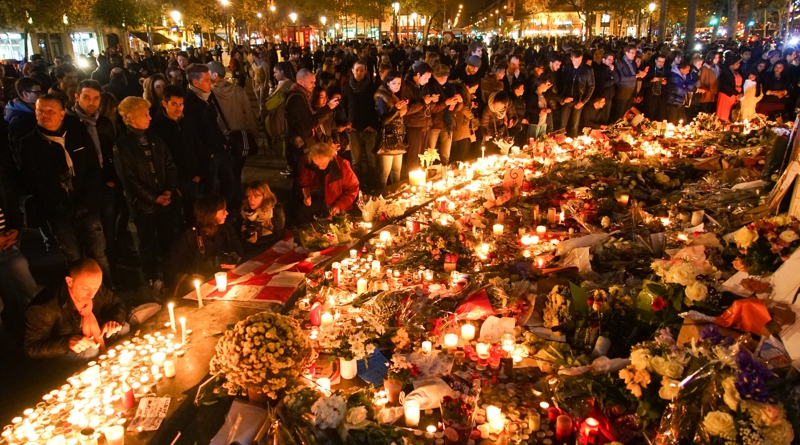The Evolution of the European Union’s Counter-Terrorism Policy: A Response to 9/11
By Shreya Sinha
Introduction
Terrorism
has emerged as one of the most widely recognizable and visible threats to a
nation’s security, especially after the 9/11 attacks on the United States of
America. Being a multidimensional problem, terrorism is dealt by many actors,
which further makes securitization at the international level complicated.
Since the international community remains divided over a universally accepted
definition of terrorism, even the United Nations does not recognize an
internationally agreed definition of the same. However, terrorism can be
understood as the unlawful use of violence or intimidation, especially against
civilians. Political analyst and specialist in the study of terrorism and
insurgency, Bruce Hoffman, defines terrorism as the “deliberate creation and
exploitation of fear through violence or threat of violence in pursuit of
political, religious or ideological objectives”.
Terrorism has not been a new phenomenon to Europe as
western European countries were continuously exposed to terrorist attacks since
the 1950s. However, from the period from 2001 onwards, the European Union and
governments of Member States have grown further concerned with the increase in
terrorist attacks on the European soil. The EU is an area of openness,
facilitating interdependence as well as free movement of people and resources.
Such an environment makes EU more susceptible to terrorist attacks. This has
highlighted the vulnerabilities that are inevitable i...

